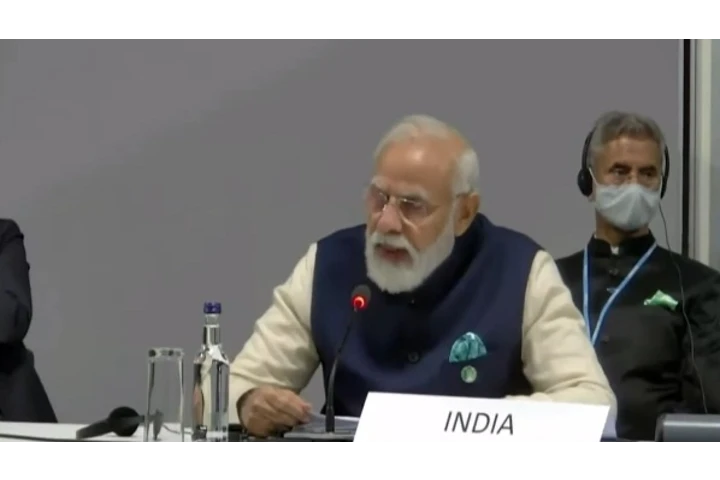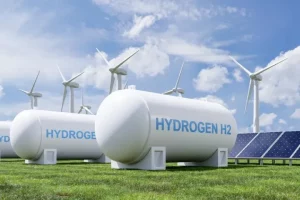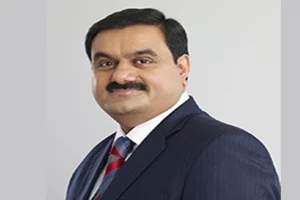It was India’s moment at the COP26 global climate summit in Glasgow as Prime Minister Narendra Modi announced that New Delhi would achieve net-zero emissions by 2070 while half of its energy requirements from renewables will be met by 2030. Importantly, Modi's message had an underlying thrust on economic growth and development.
The target has not taken the country's industry and business community by shock.
Experts said that with the recent reform measures including the proposed amendments in the Electricity Act that seeks to de-license power distribution while allowing private sector participation, the push towards renewables such as solar would only increase.
Also read: India will achieve zero net emissions by 2070, PM Modi tells COP26
The government is already looking at ways to promote use of green energy, including the energy from waste-to-energy plants and rooftop solar (RTS) throughout the country. The government has set a target of installing RTS capacity of 4000 MW in the residential sector by 2022 with a provision of subsidy, the India Brand Equity Foundation (IBEF) noted.
It added that as of 2020, India was ranked fourth in wind power, fifth in solar power and fourth in renewable power installed capacity.
“India is already working towards pushing green energy, it is not new. India is also one of the few countries that has remained firm on the commitments to reduce carbon footprint..however the Prime Minister’s message is an important reiteration of the fact that India is equally strongly committed to development,” leading energy expert, Narendra Taneja told India Narrative.
Industry insiders said that the timeframe is “sufficient” to “switch” to greener energy sources.
“Thrust towards renewables has increased and the country’s small and medium enterprises are also aware of this. Most of them are keen to increase use of solar power due to the pricing,” Anil Bhardwaj Anil Bhardwaj, secretary general, Federation of Indian Micro and Small and Medium Enterprises (FISME) added.
Bhardwaj said that the target set by Modi at Glasgow is realistic.
Also read: Why is the COP26 a lifeline for Maldives and Small Island Nation States?
According to the IBEF, more than $ 42 billion of foreign direct investments have poured into the country’s renewable energy sector since 2014. India was placed third on the global map in terms of its renewable energy investments and plans in 2020 by analytics firm British Business Energy.
Nirupama Soundararajan, Chief Executive Officer, Pahle India noted that storage of non conventional energy is a challenge. “We need huge investments..one of the encouraging things is that the price of solar panels has come down which would push more people to opt for these,” she said, adding that while Modi’s deadline marks a sharp target, there is ample time for industries to make the switch.




















